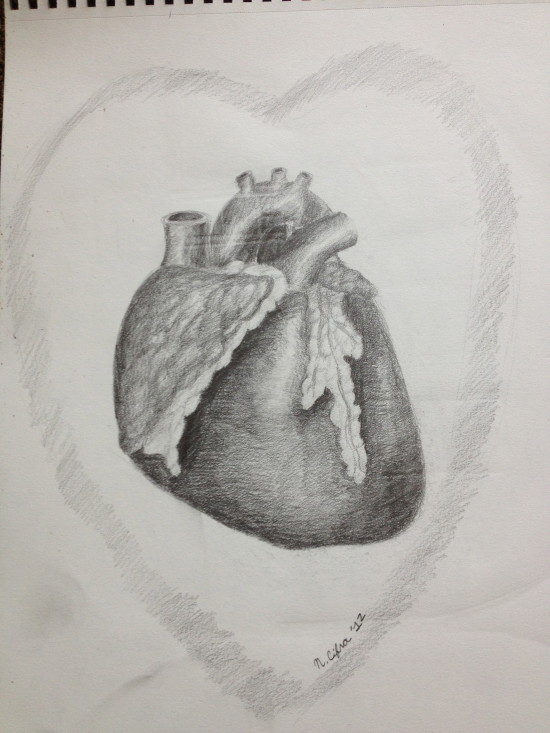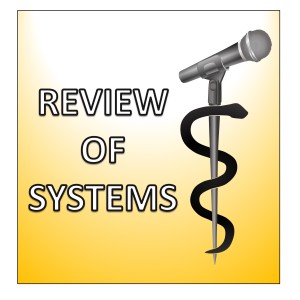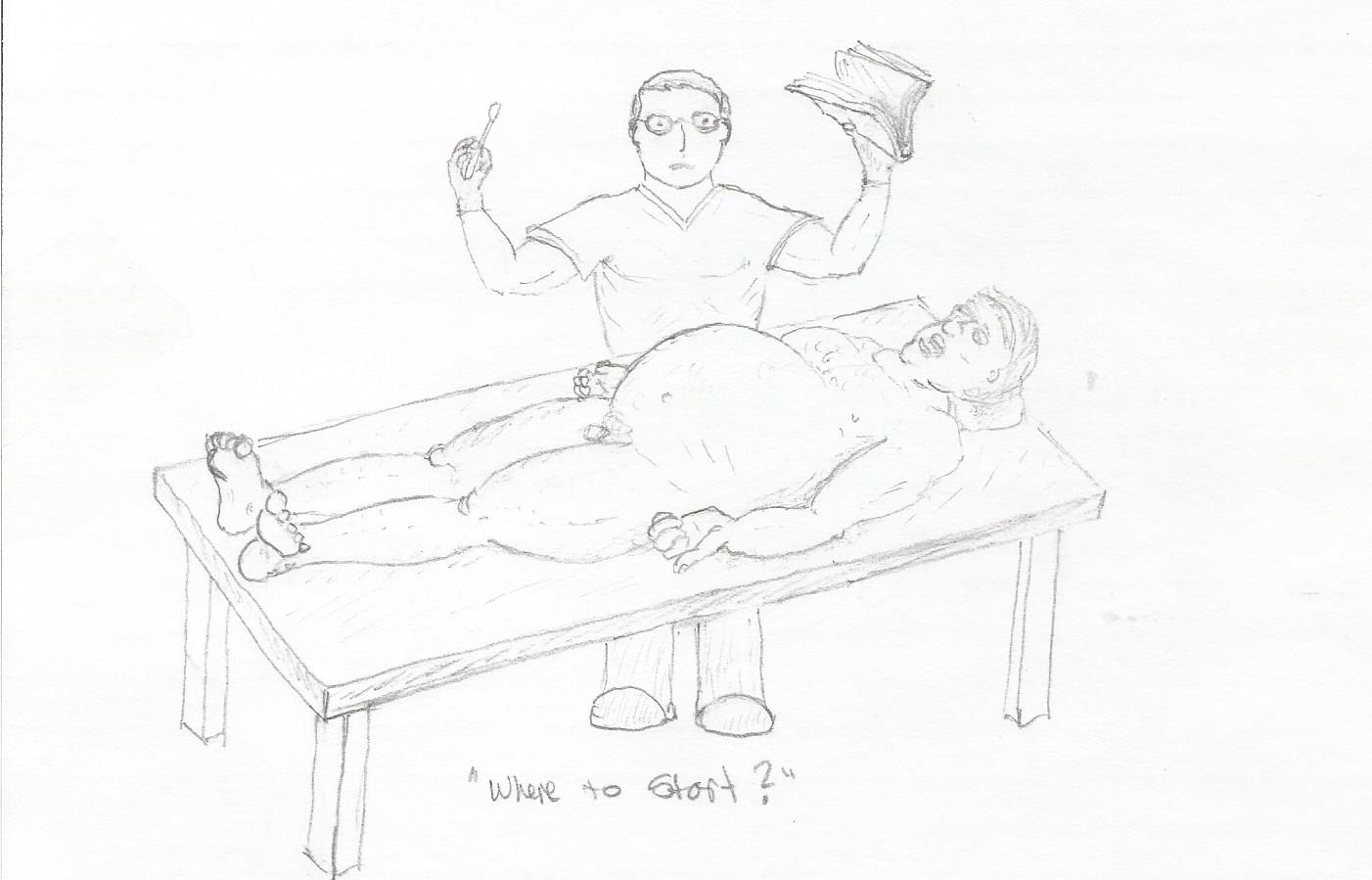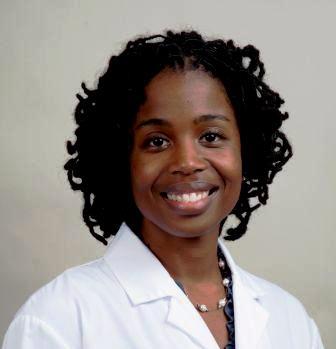Is it Time to #endstep2cs? An Interview with the Initiative Founder and a USMLE Representative
In March 2016, six medical students at Harvard Medical School launched #endstep2cs, an initiative aimed to garner support for the termination of the United States Medical Licensing Exam (USMLE) Step 2 Clinical Skills (CS) that is currently administered to medical students prior to graduation. This past week, we talked with Christopher Henderson, one of the organization founders, and Dr. Peter Katsufrakis, the senior vice president for assessment programs at the National Board of Medical Examiners (NBME), to discuss the faults and merits of both the CS exam and the student-led initiative to end it.










